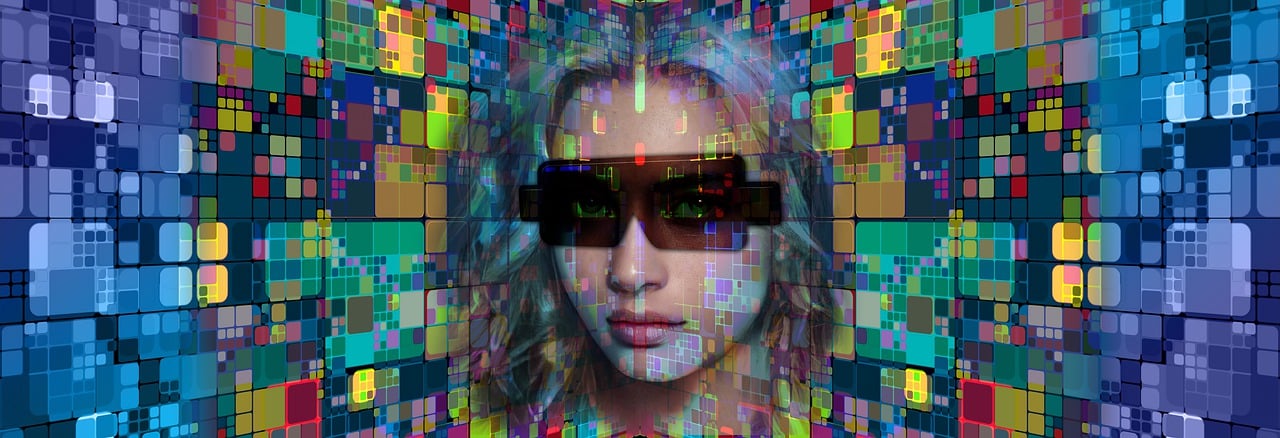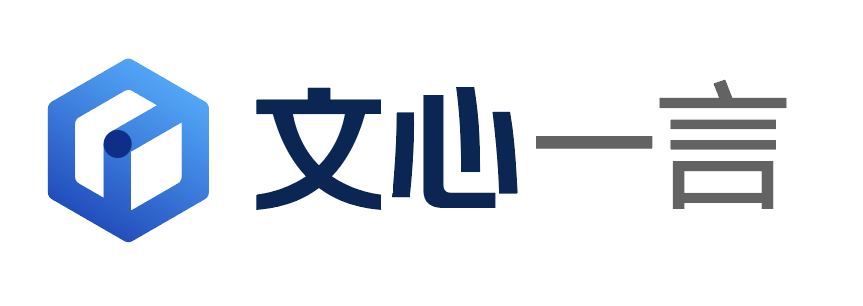
Alethea AI partnered with Polygon blockchain to launch AI-powered NFTs, which will make it possible to develop NFT avatars simply through text-based prompts. According to the creators, this project will allow more people to make, train, nurture, and trade AI elements as NFTs on Polygon.
CharacterGPT, the exciting new project from Alethea AI, will give rival technologies like Dall-E2 a run for their money. With a one-line request in natural language, the Alethea AI creation “exceeds typical text-to-picture engines to build highly interactive and smart AI characters.”
Users have to visit mycharacter.io via the Polygon dApp to mint these interactive NFTs. After developing the dApp, Alethea AI also developed a digital version of Sandeep Nailwal, the Polygon co-founder, to launch it. The creators noted Sandeep’s NFT is an uncanny representation of him, with the AI collectible “crafted through his public statements, interviews, and writings.” Furthermore, this already impressive recreation is then authenticated with a golden checkmark.
Future of AI-powered NFTs
Alethea AI’s cutting-edge CharacterGPT engine is a breath of fresh air in the web 3 sector, and the future is full of promise. Polygon cofounder Naiwal, in a statement, noted his satisfaction with the development of Alethea AI in the past few years, particularly through its CharacterGPT AI engine. Therefore, his team is excited to “partner with Alethea as it develops the potential of generative AI on Polygon.”
“I have seen firsthand how Alethea AI has developed this technology over the last few years and through their CharacterGPT AI engine. Therefore, we’re excited to continue supporting Alethea as it builds on Polygon and to bring the power and potential of generative AI to the thriving ecosystem.”
Sandeep Naiwal, Polygon co-founder
Since the Generative Pre-Trained Transformer (GPT) development, AI has acquired a lot of momentum. GPT is an autoregressive language model which employs deep learning to create human-like text, with each subsequent iteration producing better content. The internet sensation, ChatGPT is a classic example of how powerful the language model can be.
AI has accelerated significantly since creating the Generative Pre-Trained Transformer (GPT). GPT is an autoregressive language model that employs deep learning to human-like text, with each iteration yielding better results. Open AI’s ChatGPT, which has become an online sensation, is another language model which has enjoyed success.
Ahmad Matyana, the COO of Alethea AI, thinks the model has several use cases. According to him, users can create intelligent, interactive characters that could become digital guides, AI companions, or NPCs in games. Public personalities can also make digital twins of themselves “to act as digital allies for their fans.”
Additionally, the digital assets can engage with users as virtual tour guides in sports arenas, museums, and other settings in the metaverse.
The featured image in this article is taken from Alethea AI



